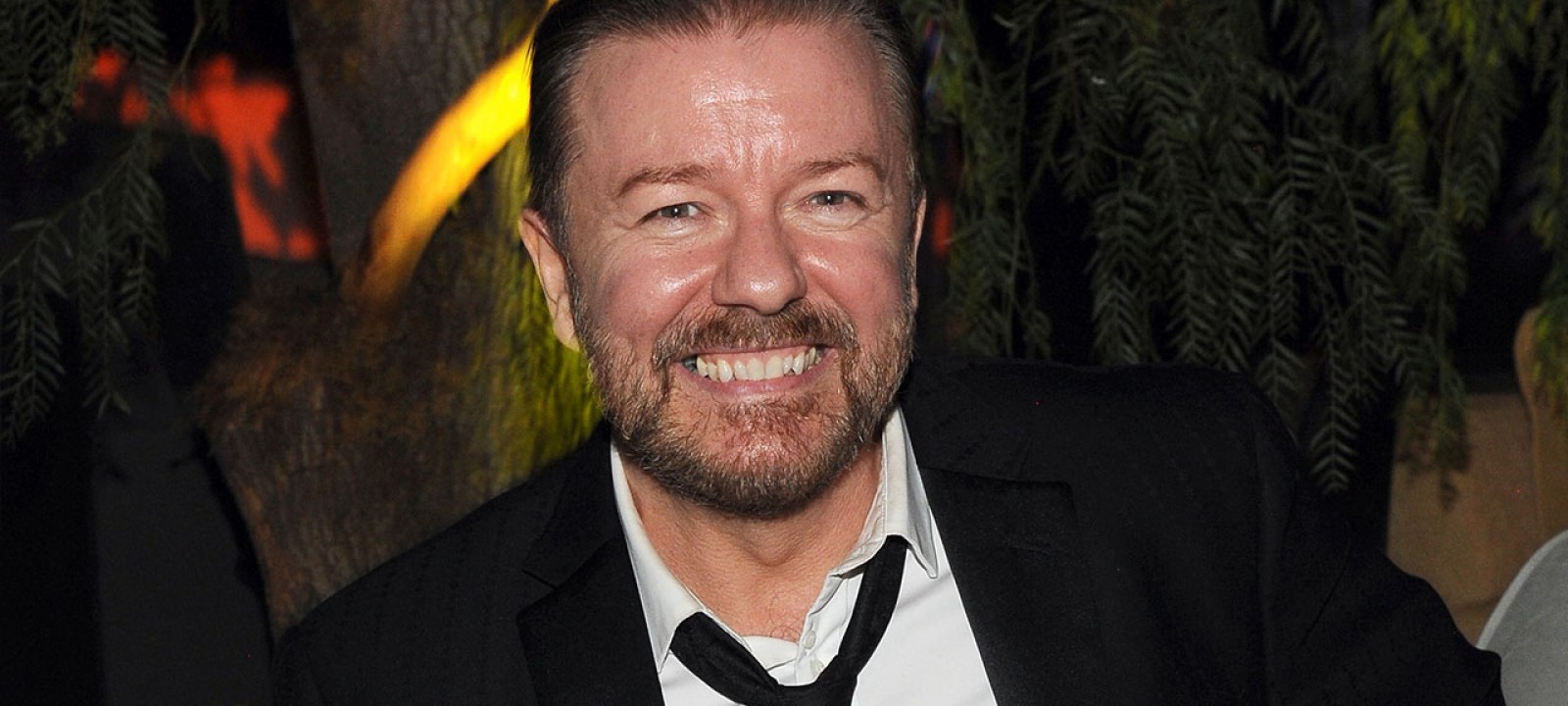Get caught up in the latest full episodes of BBC America shows
NOW TRENDING: DOCTOR WHO, LUTHER, THE GRAHAM NORTON SHOW, KILLING EVE
BY TONI HARGIS | 3 YEARS AGO
Several months ago, I was intrigued to read the following comment in The Economist, (December 20, 2014): “To be snooty about Americans, while slavishly admiring them; this is another crucial characteristic of being British.”
While technically a quote about Brits, I do agree that we can be terribly snooty about Americans and their culture. Many of us arrive here with the belief that our English is the realEnglish; we invented it, for Pete’s sake! Brits revel in endless discussion threads about the American use of “I could care less” instead of “I couldn’t care less,” while conveniently ignoring the fact that many Americans are equally appalled by this. And as this BBC article shows, we Brits often attribute “new” (and unwelcome) words to the American influence on our culture when, in fact, the word at fault originated in the U.K.
“Slavishly admiring them”? Hmmmm.. With Brits in the mother country, I usually sense more of a grudging appreciation of some aspects of American life—the cheap jeans, the summer weather or the fantastic natural sights, and there are always people who see the U.S. through Florida-vacation tinted spectacles. (There’s also a general pervasion of American pop culture in Britain.)
American Idol and X Factor creator Simon Cowell’s reflection rings rather truer for me: “I think America is a hard nut to crack. But once you get a toehold, it’s a great place for an entrepreneur because people are so enthusiastic, and you have the most enthusiastic audiences in the world.”
Obviously, most of us don’t have TV audience numbers to worry about, but we usually agree that the U.S. is much more of a “can do” place than our homeland, with its “Yes, but…” attitude, putting the dampers on anything that might get us ahead of ourselves, so to speak. People like Simon Cowell, might have been criticized for being insulting on American Idol, but his rags- to-riches success story never led to accusations of being “jumped up,” as it often does in the U.K. Ironically, much of Cowell’s vast success and wealth was achieved in the U.K. before he ever set foot across the Pond.
Ricky Gervais agreed with Cowell in this 2011 interview: “It’s often dangerous to generalize, but under threat, I would say that Americans are more ‘down the line.’ They don’t hide their hopes and fears. They applaud ambition and openly reward success. Brits are more comfortable with life’s losers. We embrace the underdog until it’s no longer the underdog. We like to bring authority down a peg or two. Just for the hell of it … Failure and disappointment lurk around every corner. This is due to our upbringing. Americans are brought up to believe they can be the next president of the United States. Brits are told, ‘It won’t happen for you.'”
Gervais’ point, that Brits are more comfortable with life’s losers, is also seen in comedy, according to Stephen Fry. In this 2012 interview, Fry draws a distinction between American and British comic heroes, believing that the American comic heroes are smart talkers who “can wisecrack their way out of anything,” while typical British comedians “try to be decent and honest” but are all essentially an “utter failure … on whom life craps from a terrible height,” such as Basil Fawlty, Del Boy from Only Fools and Horses or David Brent from The Office. One could argue however, that some American comedies such as Curb Your Enthusiasm, more closely resemble the British version, since Larry David‘s character could hardly be described as a winner.
Gervais has also talked at length about the differences between American and British humor, as many of us do. According to Gervais, in the 2011 interview, “There’s a received wisdom in the U.K. that Americans don’t get irony. This is of course not true. But what is true is that they don’t use it all the time. It shows up in the smarter comedies but Americans don’t use it as much socially as Brits.” And indeed, many Brits in the U.S. drop irony and sarcasm on arriving, finding that Americans take the comments seriously, which of course, ends up making us look mean-spirited.
As usual, Fry hits the nail on the head with, “It only takes a room full of Americans for the English and Australians to realize how much we have in common.” Indeed, in spite of the distance between the U.K. and the Land Down Under, the two nations share many cultural touchstones. (In addition, there’s the more London-sounding accent in Australia and a common penchant for using words like biccie for biscuit. Plus, the fact that Brits and Aussies get mistaken for each other at least once a month in America.) Meanwhile, many a book and web site (including this one) are premised on the differences between British and American language, culture and people. Indeed, Brits like me, who have been in the U.S. for decades, are often surprised to find ourselves still discovering new differences on a weekly basis.
Filed Under: Brits on Americans
end quote from:
http://www.bbcamerica.com/anglophenia/2015/08/in-quotes-what-do-brits-think-about-americans

No comments:
Post a Comment